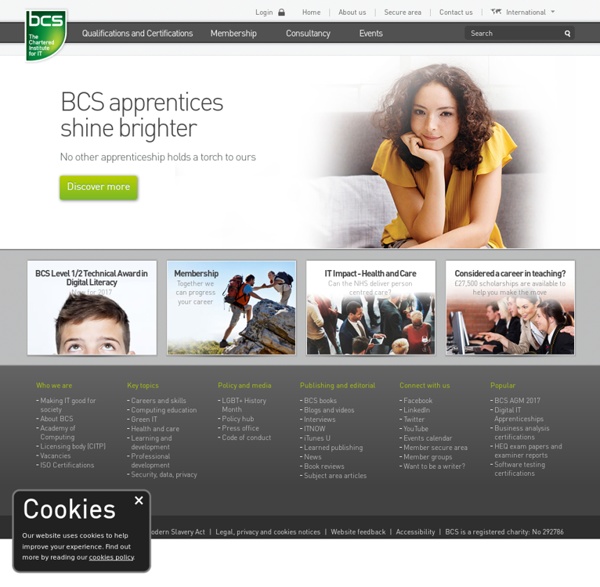



Institution of Civil Engineers - Career prospects When deciding on the kind of job you want to do as a profession, it’s important to think about the opportunities you’ll have to be successful in your career. ICE has put together some questions you should ask about civil engineering: How much would I get paid? Civil engineers can earn anywhere between £20,000 and £80,000. Imagine that! Engineering Council - recognising professional excellence - Engineering Council Home About technical editing – Technical Editors’ Eyrie Technical editing today covers far more than printed materials. Technical editors may be required to deal with: Printed materials (for example, books, pamphlets, quick reference cards, reports)Electronic materials (for example, online documentation, online help, web pages)Video scriptsComputer-based training materials In most cases, the audience for the material being edited is not composed of other technical people, and the editor is not the person responsible for ensuring the technical accuracy of the material. In some cases, the technical editor is responsible for some technical accuracy.
Institution of Civil Engineers - Students and young learners To understand what civil engineers do, you need to think about what you do in the first hour after you wake up on a Monday morning. You clean your teeth using the running water in your bathroom. Have a cup of tea or coffee. You travel to work on a finely constructed network of roads or on a train or underground system. You park your car or grab another cup of coffee at the train station before heading to the office. David Farbey: Questions every technical writer needs to ask! Our expert guest blogger series continues with tech comms expert, lecturer and consultant David Farbey, who lists the kind of questions a technical writer should ask analysts, managers and engineers in order to create clear, useful support materials for users. As a technical writer – of user guides, tutorials, online help systems, reference manuals, policy and procedure guides or other business document – you need to give your readers the answers they need so that they can use your company’s products to do their jobs. To get those answers, you need to ask the right questions of the right people. Easy, right? Who to ask? A typical product development team includes analysts and managers as well as engineers.
whynotchemeng Technical Writing Careers Technical Writing Career Guide To some people, any job with the word "writer" in the title looks like it must be a blast -- the next best thing to working on episodes of "Mad Men." If spotting the job title technical writer in your job search whets your appetite to learn more, here's a guide to the profession. Is Technical Writing for You? Learn the Career of a Technical Writer Have you ever considered pursuing a career as a Technical Writer? This interview takes you through the ups and downs you can expect, what it takes to land the job, what you can expect to earn and more. This is a true career story as told to DiversityJobs and is one of many interviews with editors and publishers.
Technical author Job Information Page Content Technical author Hours40 per weekStarting salary£20,000 + per year As a technical author, or technical communicator, you would use your specialist knowledge to prepare documents and guides that can be easily understood by users of products and systems.
Technical author: Job description Technical authors help to communicate technical information about products and services in a way that is easy to understand. The information may be presented in the form of user guides for software applications, reference and instruction manuals for appliances, training guides or online help incorporated into software and operating guides. They have to establish an understanding of the product or applications and then design and write documentation to explain it to users. They may also provide this information in various other forms including software demos and interactive tutorials, using video, illustrations and graphics. Technical authors work for a range of industries including automation, avionics, chemical, defence, finance, government, manufacturing, medical and pharmaceutical supplies, nuclear energy, quality assurance, IT and telecommunications, transport and utilities. Typical work activities
A Technical Writing Career ... Information for Writers and Employers What can you expect from a career in technical writing? The answer depends on a couple of factors. Specifically, will you be a lone technical writer or part of a technical writing team?will you be a freelance technical writer or an employee? Working as a Lone Technical WriterIn this situation, you will be responsible for the entire documentation project, from the planning stage through to delivery. Electronic Literature Organization
Technical authoring resources